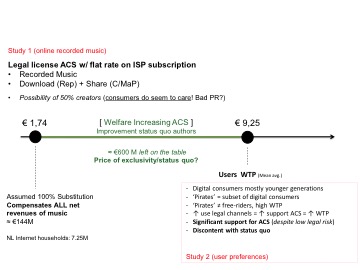Update on the UK Private Copying Exception
We reported here last month that the private copying exception, which took effect on 1 October 2014 as s.28B of the Copyright, Designs and Patents Act, was declared unlawful by the High Court. The court found that the evidence relied on by the government in order to introduce the exception without also providing a means…

